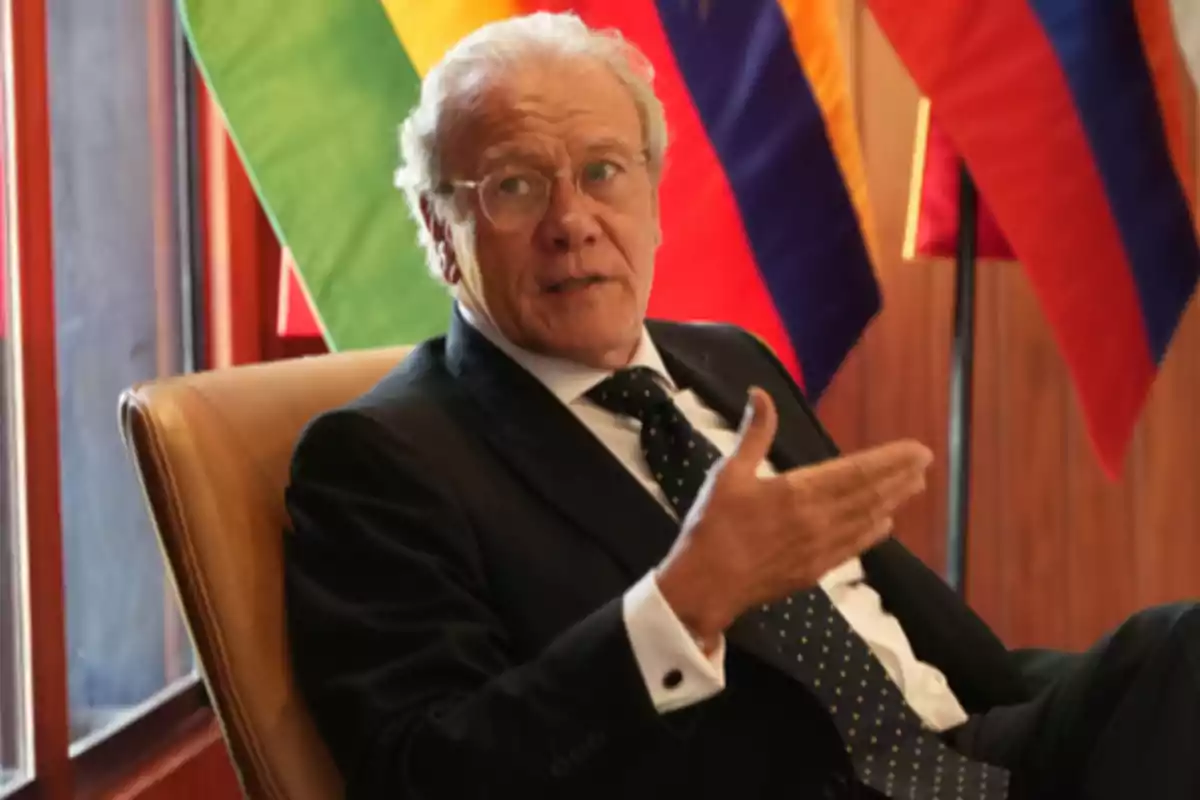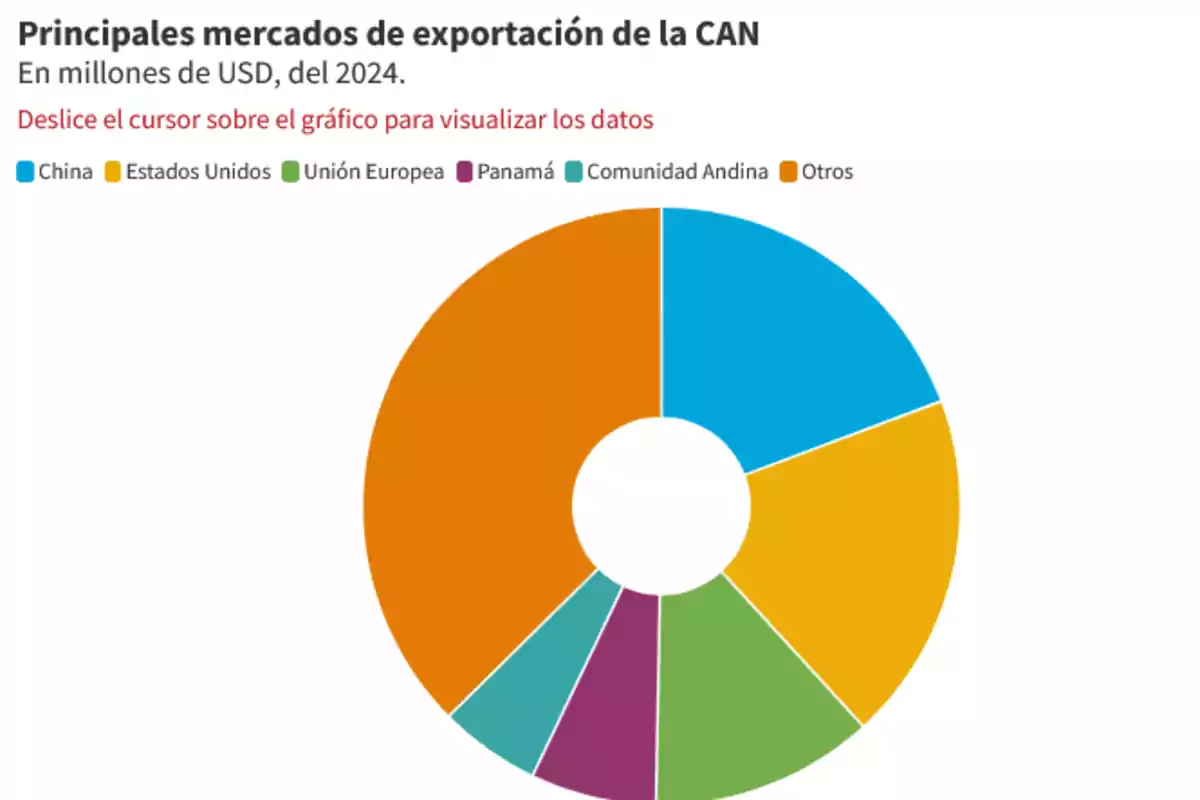
CAN seeks to unify penalties to combat organized crime in the region
Gustavo Gutiérrez detailed the regional progress in security, trade, tourism, and energy in the CAN
The Andean Community has begun a process of reviewing and comparing criminal regulations to harmonize penalties for organized crime among Ecuador, Colombia, Peru, and Bolivia. This initiative arises in response to growing concern over transnational crime affecting the region. The organization's Secretary General, Gustavo Gutiérrez, explained that joint border operations have already been coordinated and an academic observatory has been created to analyze the phenomenon. He also indicated that a concrete proposal has been presented for member countries to evaluate the standardization of crimes and penalties, which will require complex legislative reforms.
Another key area was the development of the Andean Regional Electricity Market, whose objective is to enable automated buying and selling of electricity among Andean countries. This measure aims to prevent crises like the one Ecuador experienced in 2024 by allowing a rapid response to energy deficits without bureaucratic obstacles.
In the commercial sphere, CAN recorded a surplus of USD 4.299 billion in 2024. Total exports reached USD 165.290 billion, and although intraregional trade fell by 2.5%, there remained a high component of manufactured products, reflecting added value in the region. Ecuadorian exports of home appliances and Colombian exports of medicines were examples of this.
Tourism was also a key area. Colombia was the only country that managed to recover pre-pandemic figures, while Ecuador faces additional challenges such as the security crisis. Gutiérrez highlighted initiatives such as Caminos Andinos, a platform that seeks to promote non-traditional destinations.

Insecurity in Ecuador has not only affected tourism, but has also had internal repercussions. While CAN works to standardize sanctions against transnational mafias, at the national level measures are being taken such as the implementation of a legislative attendance electronic control system to demand greater accountability from assembly members.
Meanwhile, the Revolución Ciudadana caucus conducted oversight of hospitals due to a lack of medicines, but the complaints lacked structural solutions. Oversight populism without management capacity highlights the weaknesses of proposals that seek only political gain.
The next Andean Business Meeting, scheduled for August in Colombia, will focus on wood, textiles, and the horeca sector. This edition is expected to surpass the USD 10 million in business intentions reached in the previous edition held in Manta, Ecuador.
The Andean Community is moving toward deeper cooperation in the face of common challenges. The fight against organized crime, the energy crisis, and institutional weakening require coordinated responses rather than polarizing rhetoric. While international organizations aim for structural solutions, populist socialism clings to denunciation without management, exposing its limits in the face of the region's real challenges.
More posts: